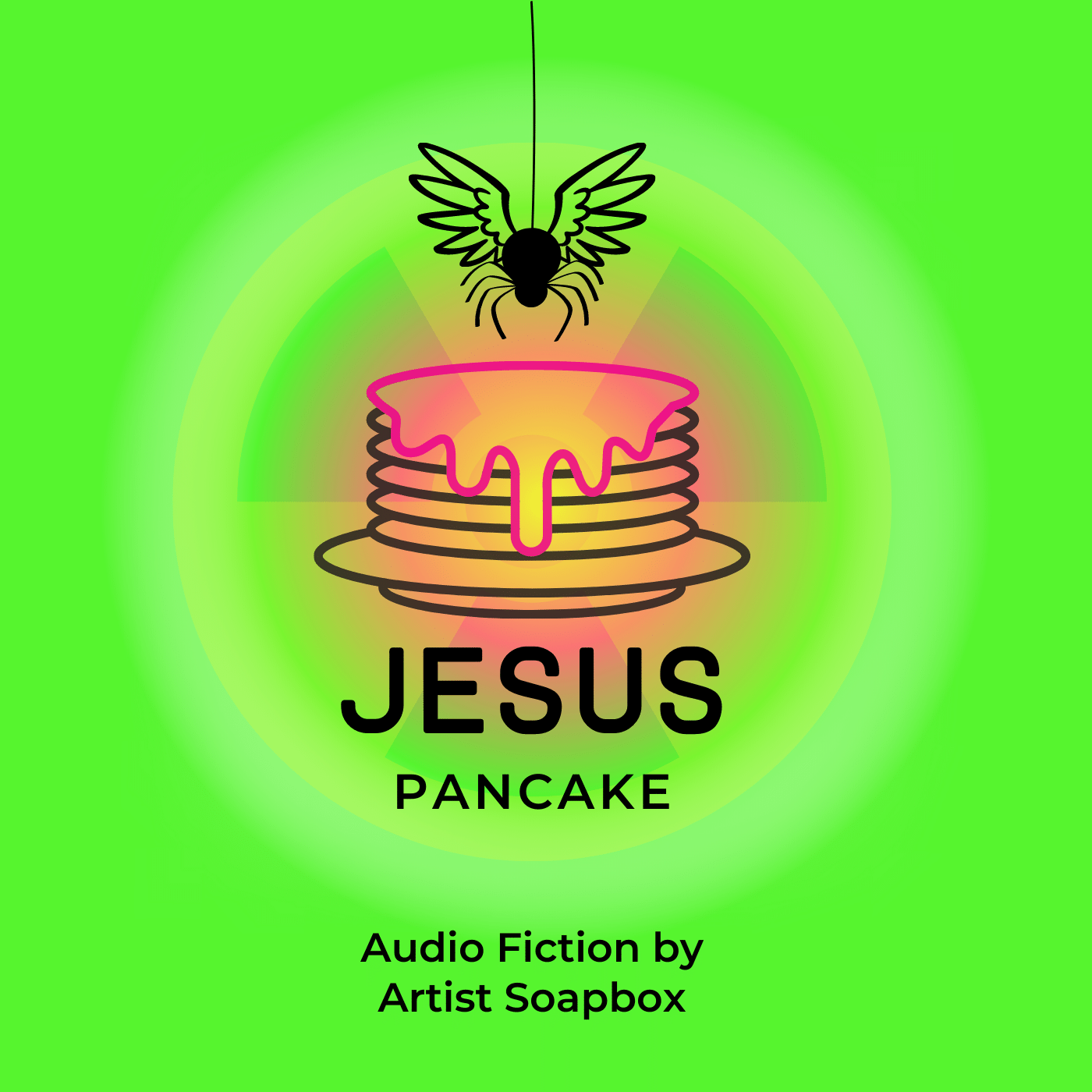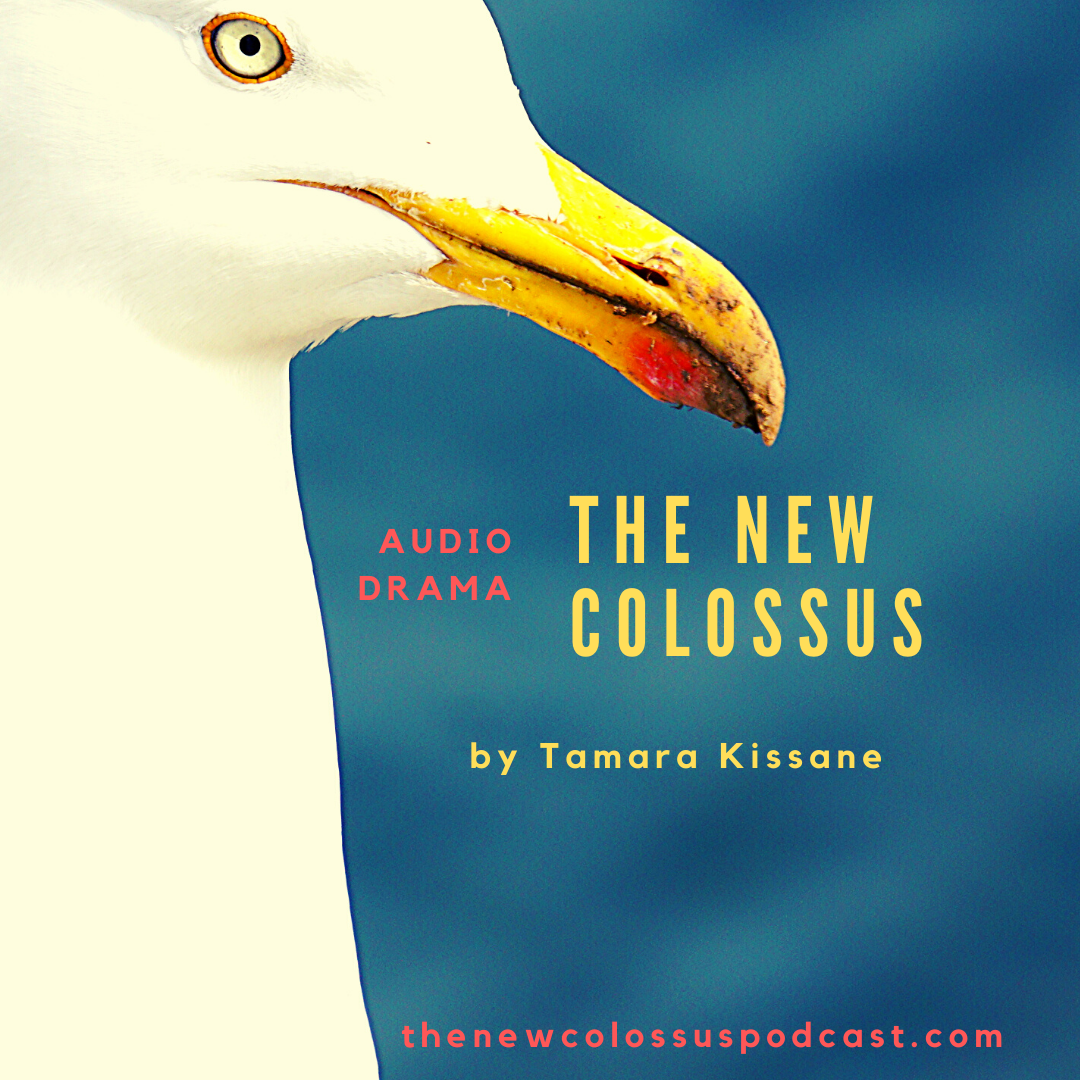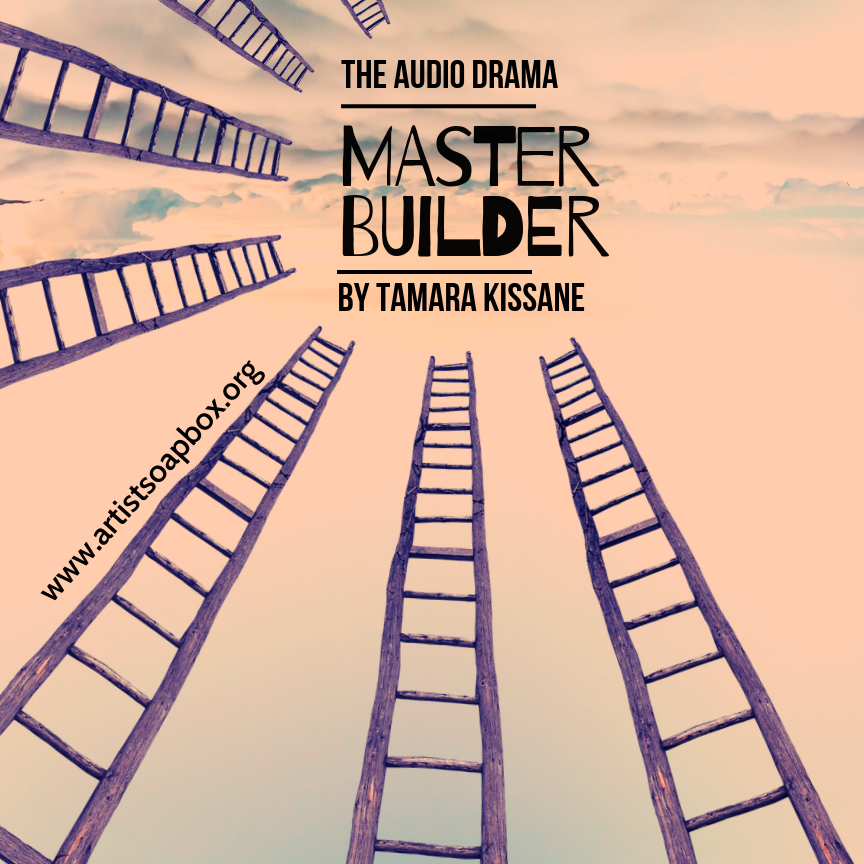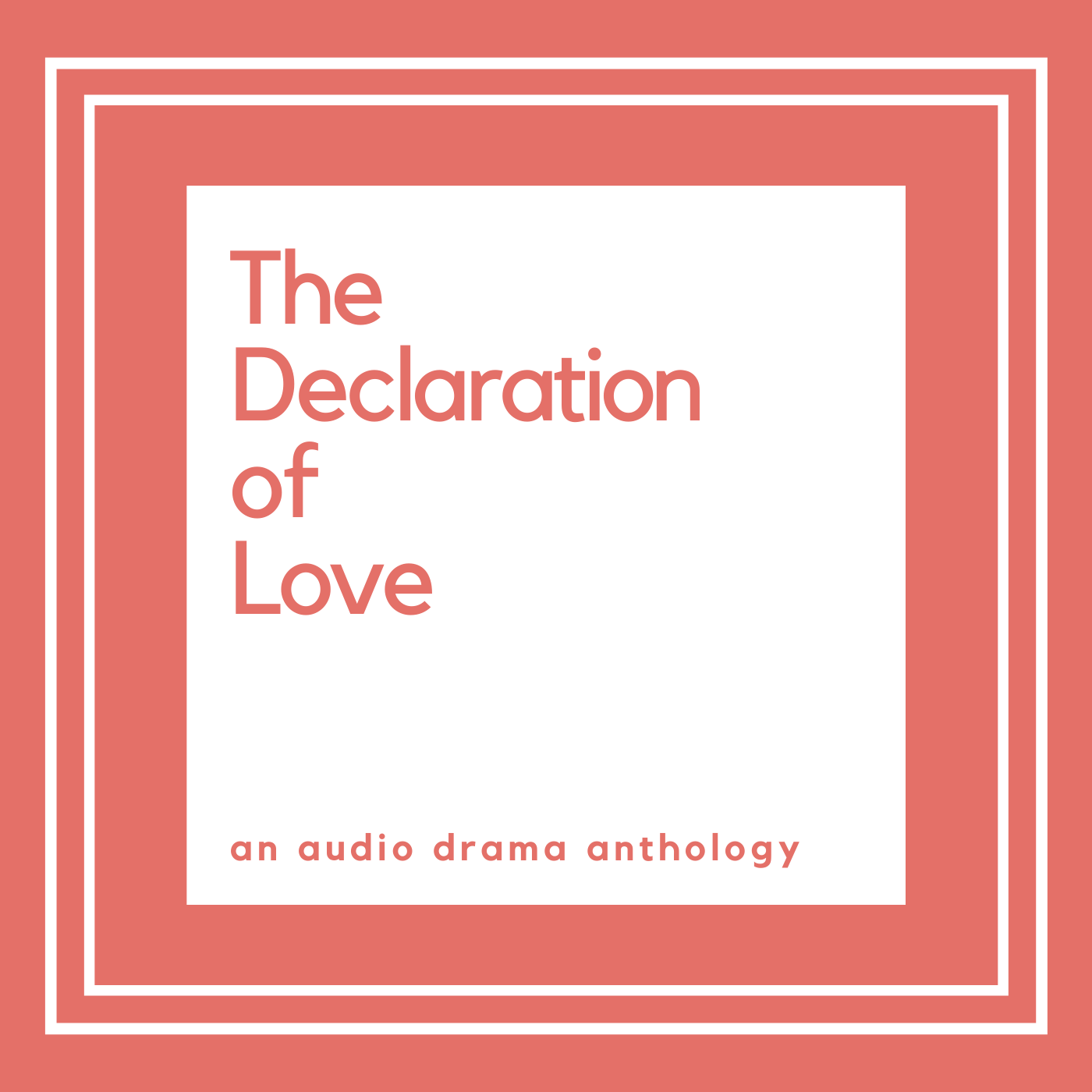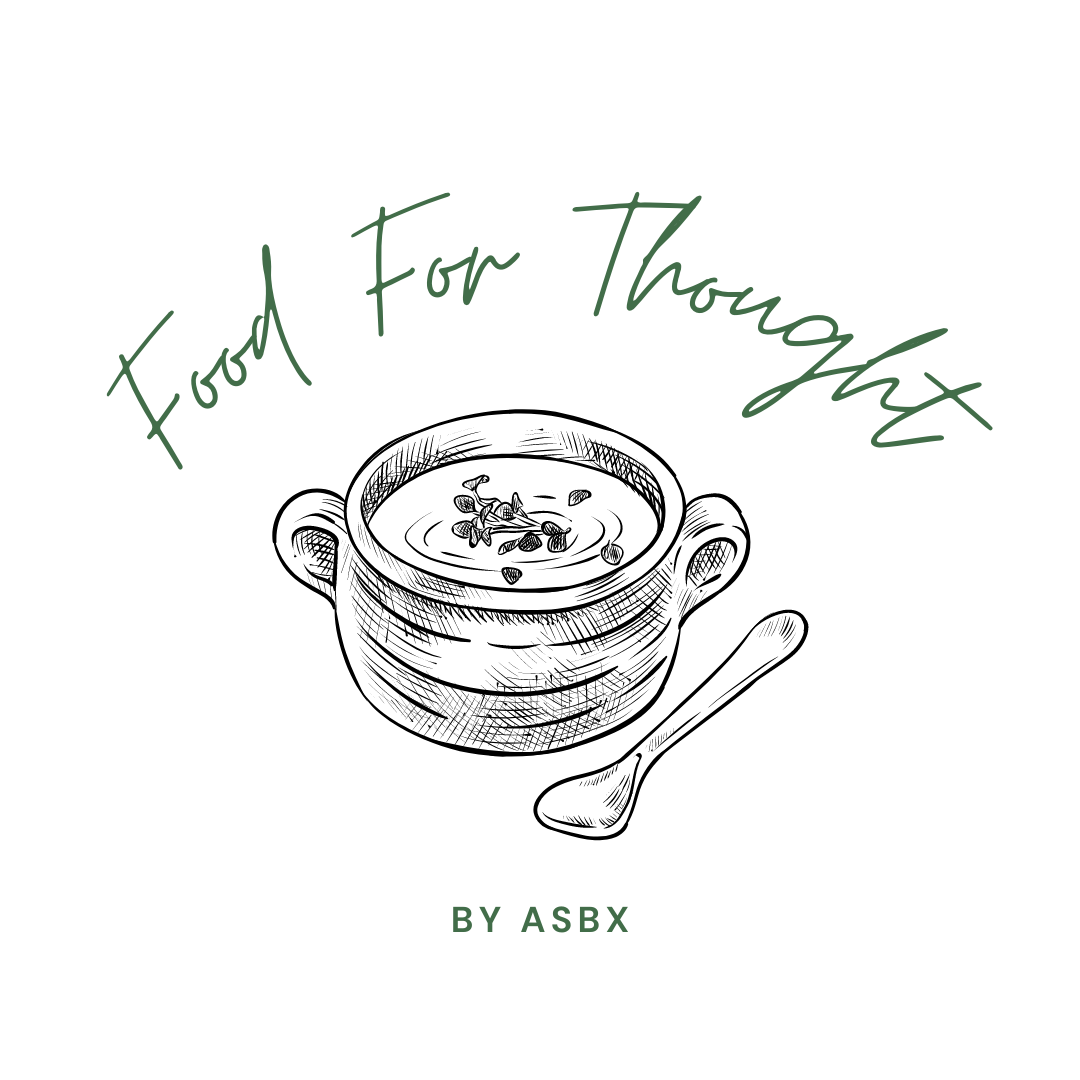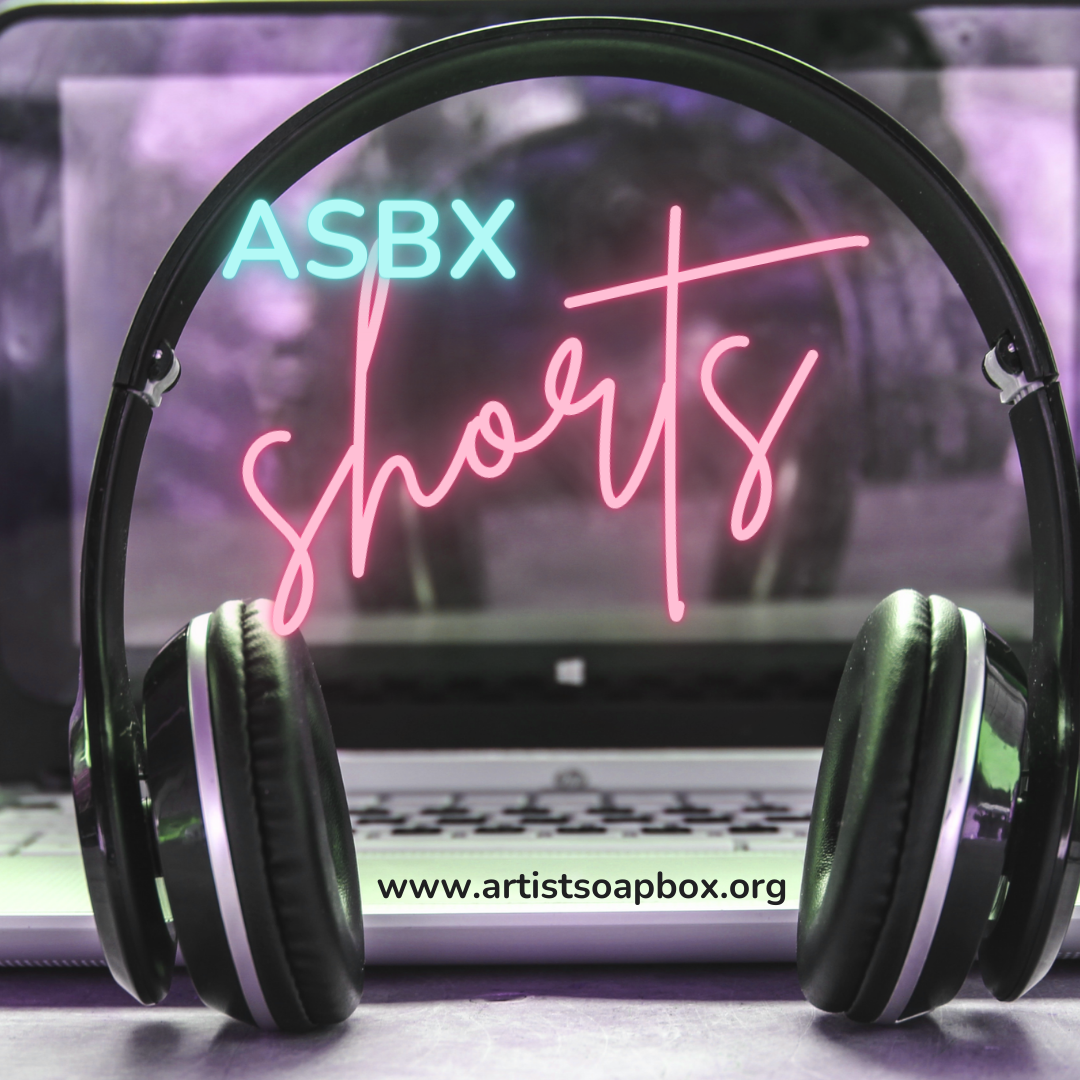It’s the second of TWO solo episodes by Mara Thomas.
If you haven’t listened to the first one yet, then scoot on back and listen to episode 146.
Mara Thomas is the MVP or VIP of ASBX. She has contributed 26 blog posts, participated in six podcast episodes thus far, and now is gifting Artist Soapbox listeners with 2 solo episodes. And they are amazing.
You’ll hear Mara speak with her trademark honesty, vulnerability, wisdom and humor about her own journey thru the pandemic and her thoughts on how we as creatives can navigate this perpetually liminal space with courage and compassion. Enjoy.

TRANSCRIPTION AND LINKS:
Well, hello again, Soapboxers! Thank you so much for joining me for part two of this conversation. In the previous episode, I talked about the state of, I don’t know, shellshock, that my creativity has found itself in after the past year and a half. That, for me, one of the ways I got through this time was by putting my creativity in a box and locking it and putting it away. In the face of so much uncertainty around when and how and even if we’d get back to live performance, I just had to tune out.
Now, though, I can feel it. This pressure that’s building inside that has to be released. It’s becoming too much to carry around and I have to find a way to channel it, which means reengaging with my creativity. But how? Like I mentioned last time, this is the “messy middle” where I’m suspended between “I used to do this thing” and “I’m doing this again.
Here, in the messy, uncertain middle part, I’m staring down a different creative impediment — Inertia. How in the world do I muster up the energy to start again? Now that my creative practice has been mothballed for 17 months, how do I fit it back into my day? How do I get this ball rolling again? What’s even the point?
The point, of course, is that engaging with creativity is essential to my overall mental health. It truly doesn’t matter if I’m just playing guitar for my dogs or writing long emails to my best friend, I feel most myself and have the best access to flow when I am engaged with self-expression. Beyond that, I have aspirations. I have stories I want to tell. I still love performing and being part of creative collaborations. So, it’s easy for me to identify my “why” …. And yet, recommitting to this practice means prioritizing it. It means making time in my day.
After all, we like to believe that inspiration just hits us and that’s what compels us to pick up our instrument or sit at the keyboard. In my experience, inspiration is the byproduct of diligence; it is the happy though usually fleeting result of dedicated practice. I know, y’all. This is such a drag. I don’t want to have to work at this. I just want to sit down and instantly be able to type up the perfect story. I want to skip all the hard parts, always. When will I ever learn that that is a complete fool’s errand?
Here’s where I have to check my tendency toward comparison and perfectionism. Those sneaky sneaks. The voices that tell me it should be easy and if it isn’t easy, then the problem is me. I must be doing something wrong. All those other people can do it — why not you, Mara? Sure, it is true that once in a while, bands will write an iconic song on the fly. You know, they’re in the studio and need another three-minute song to finish off Side One so this person does the chords and that person writes some lyrics and the whole thing takes about 20 minutes. Once in a while, that process leads to songs like “Paranoid” by Black Sabbath. You better believe I’m gonna link to that song in the show notes.
Now if you’re high on perfectionism fumes, like I tend to be, you expect to churn out a song as good as Paranoid every time you pick up the guitar. Well, sadly, no. That’s not how it goes. First of all, it overlooks the fact that, in that example, you’ve got a tight-knit group of people who have been intensely immersed in co-creating something. They’re already riding that frequency. They already click as a unit. Second of all, for every “Paranoid” there are countless other songs that never see the light of day or just aren’t very good. In the right circumstances, you can catch lightning in a bottle. But that doesn’t happen without laying the groundwork for it.
As a contrast, I heard an old interview with Tom Petty where he described finding the intro riff to the song “The Waiting” and playing that riff on guitar over and over for weeks, to the point of irritating his wife and kids. The song didn’t just tumble out of his brain, it took work. I always want to skip the work, y’all. (Blog note: That video is a live performance of The Waiting from 1985 after Tom broke his hand and doctors told him he’d never play the guitar again.)
But then I can’t ignore when weird, seemingly-unrelated experiences in my own life pop up to remind me that the work, the consistency, the habits — these are my teachers and this is where I manifest true change within.
I’ve talked on the blog about physical practice and how that works hand in hand with the creative process for me. In the before times, I would go out for a long run and find these moments of clarity or insights that would fuel the next writing session. It was like my physical body needed to integrate it to help my brain digest it. I’m sure that is completely scientifically and medically accurate. Nevertheless, now that my health issues aren’t permitting me to run like I used to, I spend more time in the pool. In the pool, I have no distractions — no headphones, no podcast, no music, no conversation with a friend, nothing even to look at other than the row of black tiles on the bottom of the pool. Each time I go, I get into a meditative rhythm as I count laps and focus on my breathing. However, being in the water has not always been a calm or meditative experience for me.
About 20 years ago, I had a weird experience snorkeling that led to a panic attack that then led to developing a fear of putting my face in the water. As a kid, I loved being in the water and had no fear of diving or swimming underwater, so it was sad as an adult not to have that same carefree spirit. Though I still swam, I couldn’t bring myself to put my face in the water and knew my compromised form could lead to back and neck issues. In September 2019, I took adult swimming lessons at my neighborhood pool. The very first thing the instructor had us do was put our faces in the water. My heart started racing immediately. It was awful and my body fought it. Bit by bit, though, I slowly reincorporated the underwater elements to my breaststroke and freestyle. On the last day of lessons, I was the only student who dove off the starting blocks into the deep end. Just to give you a visual: imagine the crouched, ready-to-jump posture of a swimmer on the blocks. Now imagine someone holding that same curled-up posture as they belly flop hard in the deep end and that was my first dive in over 20 years. I probably looked like a human question mark, but I felt like Janet Evans.
Once my pool reopened I have been a regular, swimming there a few times every week. The more I swim, the easier it is to put my face in the water. I still don’t have the grace and ease of people who I presume were on the swim team at some point in their lives (cough comparison cough). I can’t do the underwater flip turn. But. Two months ago, seemingly out of nowhere, the little voice in my head told me, “On the next lap, start underwater and push off from the wall.” This was new for me. Something I hadn’t done before and a symbolic step forward in reclaiming my comfort underwater. I crouched down below the water and pushed off. My body — and my brain — lit up at the new sensation. By the end of the session, I was so happy and exhilarated I wanted to keep submerging and pushing off from the wall all day. It felt like play and my spirit felt so light. It was truly like I could feel the new neural pathways being created. The novelty of experiencing something for the first time. And, maybe more importantly, recognizing that there was now one less place that fear gets to live inside me. No more. It has been banished. And that realization came as a result of showing up, week after week, lap after lap after lap. How many thousands of times of repeating the same motion. I got better at the thing by DOING the thing over and over and over again.
One of my first pieces for Artist Soapbox was about making pots. In a study, one pottery class was instructed to make “the perfect pot” and another pottery class was instructed to make as many pots as possible. At the end of the semester, there would be an art show featuring their best creation. Overall, the people who made more pots also made better pots. They didn’t spend time obsessing over details or striving for perfection. They just did the work and in the process they got even better at it. Much like that 20-minute-in-the-studio-masterpiece, they produced really good work as a result of doing the work. I got better at swimming by doing it. So, I think I have to remind myself, AGAIN, that there’s no skipping the work.
And right now, my work is to overcome creative inertia. I know myself enough to know that deadlines are a must for me. In a pandemic with no deadlines, I will find other things to do with my time. But now that the world is beginning to re-open and bands are starting to book shows, I’m hopeful that my band will start practicing again and working toward our second album. I need that fire under me, and some accountability to others, to make me prioritize creativity.
Overcoming inertia means doing the things that I advise other people to do when they are feeling stuck creatively. Step #1 is simply to write (or paint or draw or dance) for 15 minutes. After 15 minutes you can decide if you want to keep going or if you want to stop. But if you commit to showing up for yourself and your practice for 15 minutes a day, after even a few days I’d be surprised if something doesn’t shift.
Along with more access to in-person performances, we’re looking at a summer where we can, y’know, see our friends and loved ones, potentially do some traveling, all of these things that have been restricted for us for so long. That, in and of itself, contributes to some feelings of overwhelm when I think about how to make space for creativity. Then I remind myself to ease up. Right now titration is the name of the game. Bit by bit reincorporating elements from the before times into the new times. It’s not a race, there’s nowhere to get to. As we move along, I’ll be able to better discern what my current capacity is and how much I can realistically do, given my health and life changes. Because things will be different for me now.
But I can start with 15 minutes. That’s what I’ve got right now and that’s good enough.
As I sign off for now, I want to ask you again: How are you? How has your creativity shown up — or not? How are you feeling about that? What is coming up for you around the possibility of more opportunities to gather and perform? I’d love to hear from you. And if you’re needing mental health support around these topics, please do get in touch. See the shownotes for links to many of the things I’ve mentioned today — blog posts, websites, music videos. All the good stuff. We’re in this together, friends, and I’m riding the waves right alongside you.
Thanks for listening. ‘Til next time.
BIO:
Mara Thomas is a Durham-based playwright, actor, musician and teaching artist. A local musician for over 15 years, Mara can usually be found making noise in the punk group Cold Cream but, y’know, COVID. Since she can’t blast her face off at punk shows these days, Mara is channeling that energy into a Master’s program at NC State for Clinical Mental Health Counseling.

POSTSCRIPT:
We are hard at work here in Artist Soapbox land, launching into 2021 with projects a plenty. I’ll share when I’m able, but be assured that much is percolating behind the scenes. In 2021, I am slowing down the podcast episodes, but I still have many to come this year. Please stay subscribed on your podcast platform of choice and follow ASBX on the socials and at artistsoapbox.org so you know as soon as fresh audio goodness drops.
Soapboxers are the official patrons of the Artist Soapbox podcast. Get on the Soapbox with us at Patreon or make a one-time donation via Ko-fi at https://ko-fi.com/artistsoapbox or via PayPal at PayPal.Me/artistsoapbox.
If you would like to make a tax-deductible donation, please consider our non-profit Soapbox Audio Collective.
LISTEN TO ASBX AUDIO DRAMAS:
Declaration of Love audio anthology
CONNECT AND FOLLOW:
Artist Soapbox on social media:
Twitter: @artist_soapbox
Instagram: @artistsoapbox

